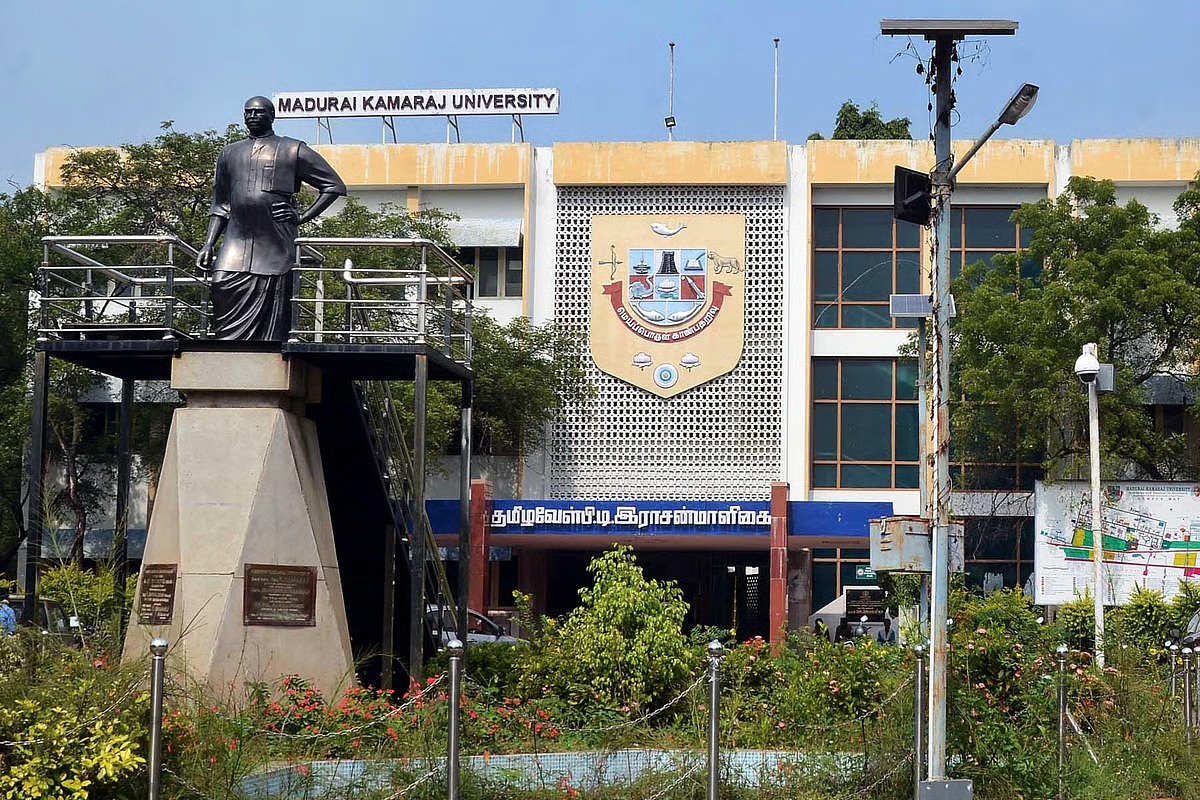Lallubhai Shah, Kt., Acting C.J.
1. We have heard the learned pleader for the appellants in this case. The history of the execution of this decree is long; but it is not necessary to go into the details of that history for the purposes of the short point which has been argued in support of this appeal.
2. It appears that a decree for sale of the mortgaged property was passed in favour of the plaintiff''s on November 17, 1896 and after a number of proceedings ultimately it was sent for execution to the Collector along with two other money decrees which were then pending before the Talukdari Settlement . Officer for execution against the same judgment-debtors. That Officer made a certain arrangement for the satisfaction of the decrees including the decree in question which is described in the judgment of the first Court in these terms :-
The compromise for the dues of the plaintiffs under all the three decrees, which on November 16, 1918, amounted to Us. 31,500 was settled for Rs. 15,750 by mortgaging 105 acres of defendants'' hinds to the plaintiffs. On November 10, 1918, the Talukdari Settlement Officer Mr. Gordon writes below the plaintiffs'' statement before him embodying all the terms: ''approved; the creditors agree before me. ''
The said compromise was sent to this Court for being certified, and it was accordingly certified on December 7,1918.
3. An application against this arrangement was made on December 9, 1918, by the judgment-debtors which has given rise to this second appeal.
4. Both the lower Courts have rejected the applications made by the judgment-debtors against the arrangement, and the whole question is whether it was open to the Talukdari Settlement Officer to effect this arrangement in execution of the mortgage decree. The only ground which in urged before us is that it was not so open to him to effect this arrangement and that under paragraph 8, Schedule III of the Code of Civil Procedure, he could only sell the property. Having regard to the stage of the execution proceedings reached at the time, it is urged, the only course open to the Talukdari Settlement Officer was to sell the property. This argument in effect means that the executing authority could do nothing in respect of this decree because the sale of the Talukdar''s estate without the sanction of the Government is quite out of question u/s 31 of the Gujarat Talukdar''s'' Act. At a very early stage of the execution of this decree it was made abundantly clear that the property could not be sold as the necessary sanction of the Government could not be obtained. Under the circumstances the Talukdari Settlement Officer had to find out some means of satisfying this decree nearly more than twenty years after it was passed during which interval practically nothing could be done to satisfy the claims of the decree-holders.
5. In this appeal we are only concerned with the legal question UK to whether the objection that it was not open to the executing authority to effect a mortgage of a part of the property is good. It is clear that under paragraph 1 of the third Schedule he would have such a power. It is also clear that paragraph 2 of the third Schedule would not apply to a decree on a mortgage. The learned pleader for the appellants has realised the difficulty and has not been able to satisfy us that in the case of a mortgage decree the provisions of paragraph 8 would apply. Bat the argument urged is that this mortgage decree really ceased to be a mortgage decree on account of the application made by the decree-holder so far back as 1899. At that time, as the sale could not be effected, he suggested that some other means of satisfying the decree Should he devised. That application does not in our opinion mean that the decree-holder agreed that it should he treated an a money decree and that it Should cease to be a mortgage decree, It remained thereafter, as it was before, a mortgage decree, and, as such, it was under execution at the time when this arrangement was made. The arrangement effected by the executing authority is not shown to be invalid in any way. We, therefore, dismiss the appeal with costs.

